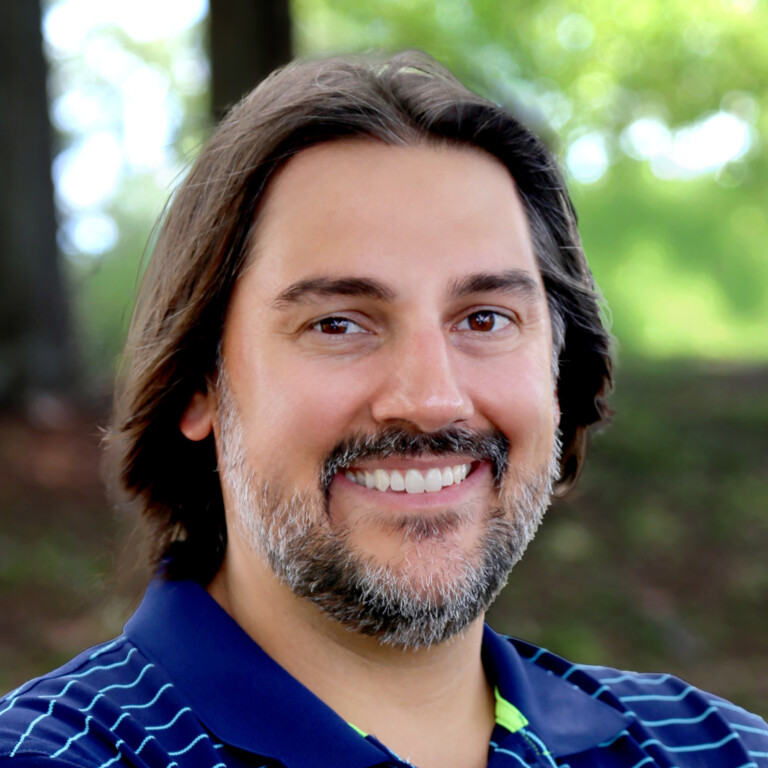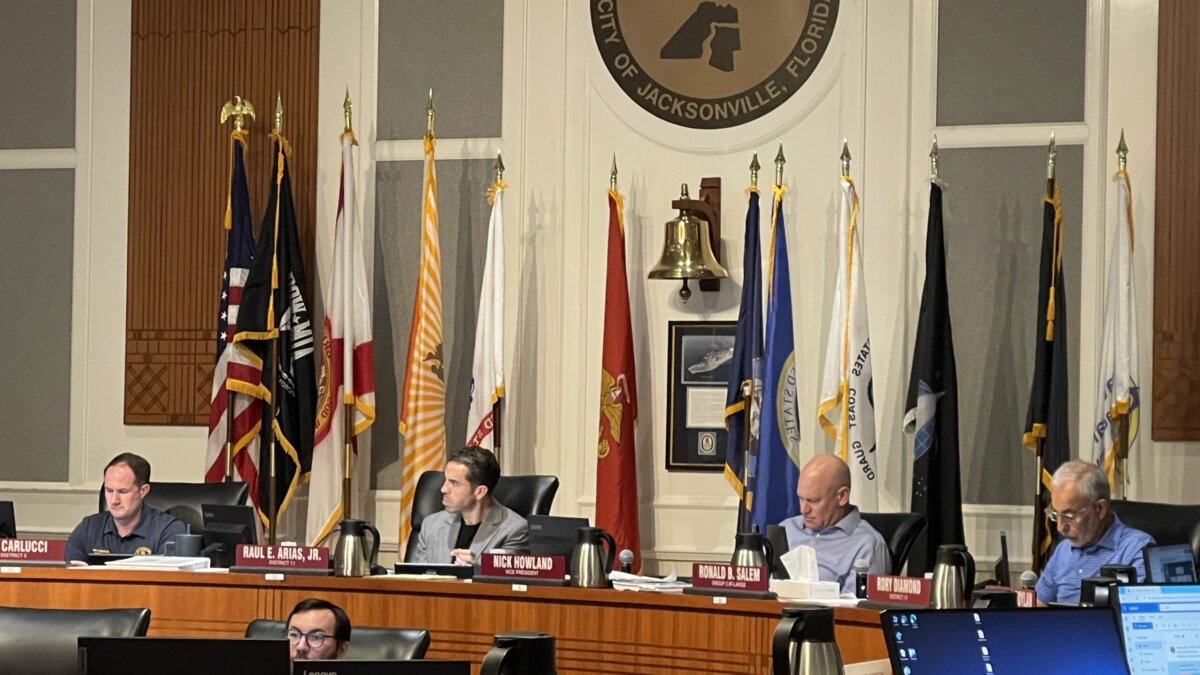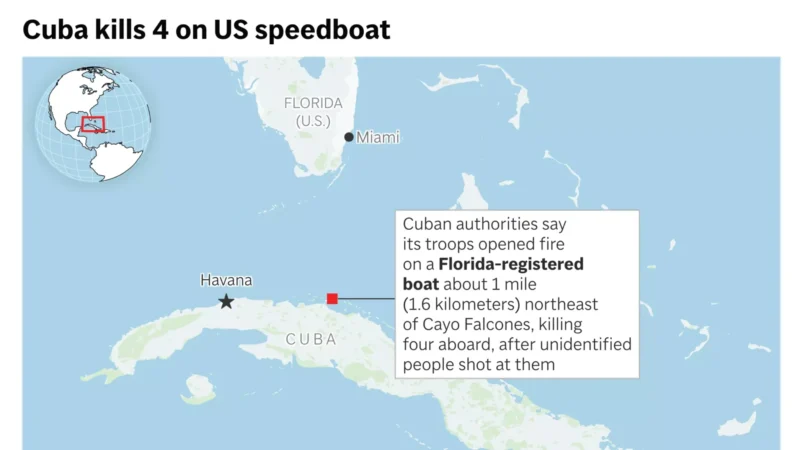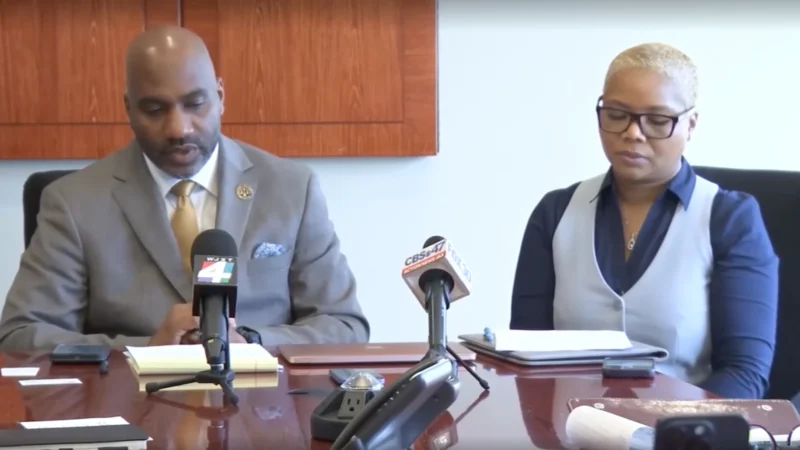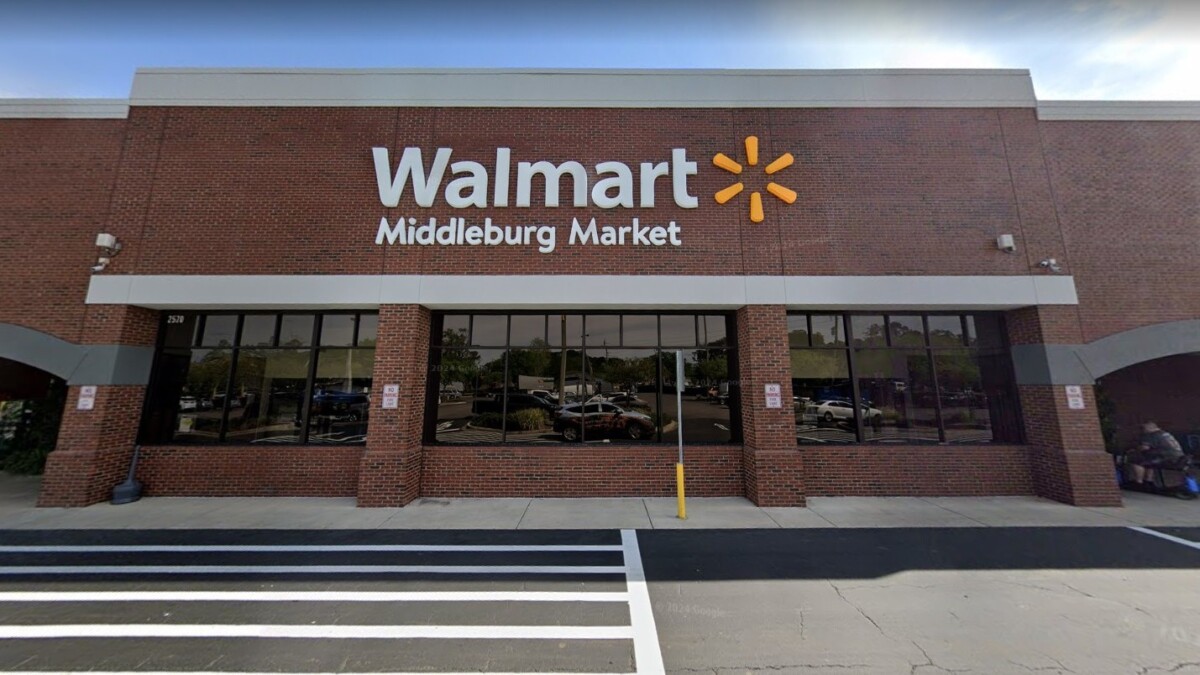The Jacksonville City Council Finance Committee has reinstated some money it previously stripped from the proposed city budget for two popular public health initiatives for the uninsured.
That follows public pressure by medical systems, local physicians, nonprofit clinics and two city lawmakers.
The committee voted during its final budget hearing Friday to restore $1.5 million for the city-funded telehealth initiative Healthlink Jax and $270,000 split among six safety net clinics that partner with the JaxCareConnect program.
The votes follow a public meeting at City Hall on Wednesday where leadership with Accension St. Vincent, Telescope Health, the Duval County Medical Society and others spoke in an attempt to preserve public spending levels for the clinics and both programs.
Local health care industry officials say the telehealth service is working as an emergency room diversion program and takes financial and capacity strains off ERs in Duval County.
Dr. Matthew Thompson, CEO of the city’s telehealth partner, Telescope Health, told council the $1.5 million will keep the program going and he could work with the Deegan administration and use her money transfer authority to cover the funding gap.
He said Healthlink Jax is designed to keep down costs for UF Health, the city’s main provider of indigent care. The city is expected to appropriate $56 million to indigent care in this year’s budget, and Thompson says that doesn’t cover the full price tag for UF Health.
“I’ve seen the numbers as well. $64 million is the cost to UF (Health). That has consistently risen. Our company is designed to keep those costs down,” Thompson said.
Before it reversed course Friday, the Finance Committee had cut about $3.77 million in proposed city spending on public health programs since the hearings began Aug. 7 for Mayor Donna Deegan’s $2 billion, 2025-25 city budget.
The cuts were part of the committee’s broader effort to cut enough money from the proposed budget to pay for a ⅛-mill property tax cut in Duval County that would reduce the city’s revenue by $13 million. The committee also wants to replace $14 million in debt-financing in the budget with cash spending.
The committee voted 5-3 to approve $1.5 million of the $2.185 million Deegan requested for Healthlink Jax telehealth program — a free, virtual service to help Duval County residents who don’t have health insurance.
City Council member Michael Boylan called Wednesday’s meeting.
He says Healthlink Jax and JaxCareConnect are complementary services.
“There’s no hiding the fact that the clinics are being impacted by the success of this program — Healthlink as well as JaxCareConnect — because Healthlink is referring patients to this. And some of them are just saying we can’t take any more patients, so they’re hitting capacity because they don’t have the balance to support them,” he told Jacksonville Today on Wednesday.
Boylan says he “appreciates the deliberative process” by the Finance Committee to cut the millage rate, but he doesn’t support cutting the local health care funding to do it. Boylan, a Republican, said Wednesday it would be difficult for him to support the millage cut if the funding for JaxCareConnect and Healthlink Jax were not reinstated.
Healthlink Jax is a 1-year-old program that’s been run through a public-private partnership with Telescope Health. It is a free, 24-hour service that provides on-demand virtual health care visits and connects people with follow-up primary care visits.
According to the city’s chief health officer, Dr. Sunil Joshi, the program kept 1,300 people from visiting emergency rooms in the last year — one of the program’s primary objectives. Officials say the program has received more than 6,000 calls since its inception.
Thompson says in addition to keeping people out of emergency rooms, the city’s telehealth program and JaxCareConnect also reduce unnecessary ambulance calls and costs for the Jacksonville Fire and Rescue Department and the Jacksonville Sheriff’s Office.
“Every patient that we see at Healthlink Jax, we’re giving them a chance and referring them over to the JaxCareConnect so they can be plugged into the safety net clinics,” Thompson told Jacksonville Today on Wednesday. “It is the front-end answer to ‘don’t call 911 if you don’t need to.’ First call this program.”
Thompson says the telehealth program saves about $10.5 million per year, but Finance Committee member Ron Salem said he supports the telehealth concept, but he argues that those savings go primarily to the hospitals and not the city.
“I’ve spoken to CEOs of our hospitals. The all recognize the benefit … but they don’t want to pay for it because they’re getting the service by us. We’re paying for it,” Salem said.
Council President Carrico polled the audience Friday to see if there was leadership from UF Health, Baptist, Ascension St. Vincent or any other hospital in attendance to speak in support of Healthlink Jax.
When no one spoke, Carrico said its about an overall problem with the health care system.
“The hospitals don’t care about this. They would rather just (see) the people roll up to the emergency room so they can get paid for it. And that’s what nobody wants to say,” he said.
“If UF Health would take $2 million out from indigent care (budget) and say ‘we’ll fund this tomorrow,’ then fund this tomorrow.”
The committee also restored about a quarter of the $166,666 the Deegan administration originally proposed for each of the six Duval Safety Net Collaborative free and low-cost health care providers.
AGAPE Community Health Center, Sulzbacher Center for the Homeless, Mission House, Muslim American Social Services, Volunteers in Medicine and WestJax Outreach will now each get $45,000 if the budget is unchanged and approved by the full council in September.
The committee didn’t change its mind on its reduction to the proposed city investment in the JaxCareConnect Program through We Care Jacksonville from $750,000 to $500,000. That keeps the city’s support for the program flat from last year’s budget.
JaxCareConnect helps uninsured people in Duval County get access to primary health care providers through referrals to the safety net collaborative managed by the nonprofit WeCareJax. It also helps address lack of transportation, food insecurity, health care literacy and other social determinants of health.
We Care Jax Executive Director Angela Strain told Jacksonville Today the $500,000 will keep JaxCareConnect stable, but the organization had a commitment from donors that would have matched the extra $250,000 it requested from the city.
Now JaxCareConnect will have to find $500,000 to fill its need. According to Strain, the program has seen a 120% increase in referrals year-over-year during all five years of its operations. She says part of that increase is due to the Live Health Act passed by the Florida Legislature that required all hospital emergency rooms to have a comprehensive discharge plan for uninsured patients by July 1, 2025.
“We’re going to have to find that capacity somewhere. We’re delighted to have the flat renewal funding,” she said.
She says that city dollars for local health care programs will become more vital in the coming months as the federal government makes funding reductions in Medicaid services and insurance subsidies through Affordable Care Act programs. Strain said Duval County has 219,000 residents on Medicaid and 164,000 have insurance plans through the Affordable Care Act.
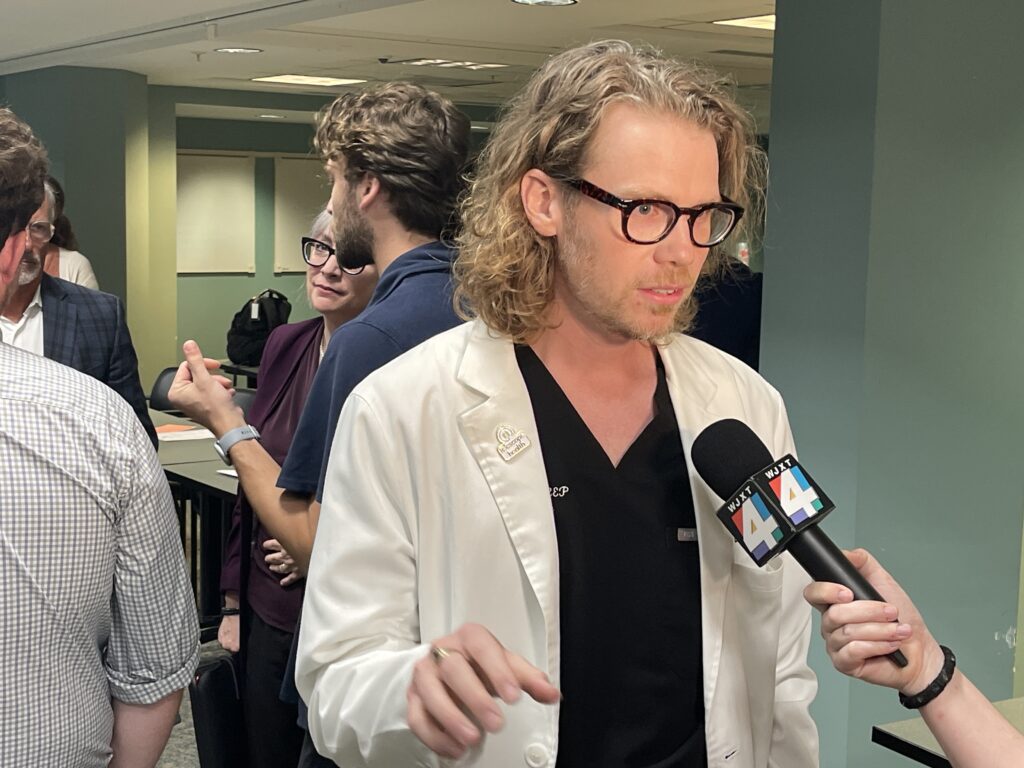
Officials and medical professionals praised both programs for being efficient and reducing costs for the city and medical systems.
Officials with JaxCareConnect and Boylan’s office say the city’s lifetime $1.5 million in funding to that safety net program has saved $157.5 million in taxpayer dollars by reducing ER use by people who are uninsured for “relatively minor conditions” that could be handled by primary care physicians.
Data from JaxCareConnect shows that the program has made 6,709 referrals since its inception for people who live in all every ZIP code in Duval County with the highest concentration, 11%, coming from 32218 on the Northside.
“If you work in a hospital, you understand that readmissions and bouncebacks to the ER is a massive problem, and it’s because people leave and they fall off of the care into a black hole oftentimes,” Thompson said during the meeting. “This program is designed to outreach those people proactively.”
A newly proposed, city-subsidized dental care initiative for $210,000 failed to gain the committee’s support as did an additional $110,000 for an infant mortality program.
Boylan, a Republican, chaired the council’s Critical Quality of LIfe Issues in 2022. The special committee commissioned a report recommending public investment in access to health care, including telehealth.
Boylan predicts cutting this funding could cause a need for more city dollars in UF Health’s indigent care — a number that has spiked in this year’s budget to $56 million and that many council members want to see drop.
Jenny O’Donnell, director of JaxCareConnect, says the program received its first city funding in 2021, about $250,000 proposed by Boylan, shortly after it launched. That grew to $500,000 after council adopted the quality of life committee report.
The collaborative and Healthlink Jax telehealth programs have broad support for the major health systems that operate in Jacksonville — Baptist Health, UF Health, Ascension St. Vincent’s, Mayo Clinic and AdventHealth.
Dr. Ali Kasraeian, president of the Duval County Medical Society, wrote an open letter this week urging the city to keep Healthlink Jax available for the uninsured.
He voiced that support in person Wednesday at City Hall and said it allows hospitals to save money and be more efficient.
“This program allows us as physicians and as a community to take care of people without having to worry about the cost on a patient-to-patient basis, and we actually act like physicians again without all the things that are destroying the beauty of health care leading to burnout,” Kasraeian said.
On Wednesday, the public meeting room was full with medical professionals, advocates and media members. Only one member of the Finance Committee, Will Lahnen, attended the event.
He introduced the budget amendments to put the $1.5 million for telehealth and $270,000 for the clinics back in the budget.
On Friday, Carrico, Committee Chair Raul Arias and members Ju’Coby Pittman, Joe Carlucci, Lahnen voted to reinstate the telehealth funds. City Council Vice President Nick Howland, committee members Rory Diamond and Salem voted no.
Howland says its a “false narrative” to claim the city is cutting its support for local health care programing. In total, the city budget includes about $88 million for health care including the public funding for UF Health’s indigent care work and $22.74 million in Medicaid programs.
The city provided $40 million in fiscal years 2022-23 and 2023-24 for indigent care.
Jenica Ervin lives in the Walker’s Ridge community in Jacksonville and says she was a senior leader in the fintech industry before she became unemployed in 2024 and lost her health care access.
She told council members Wednesday that she used the JaxCareConnect services, which she says prevented her from incurring medical debt..
“These are neighbors that deserve stability and dignity and not stress about choosing between their health and their bills,” Ervin said.
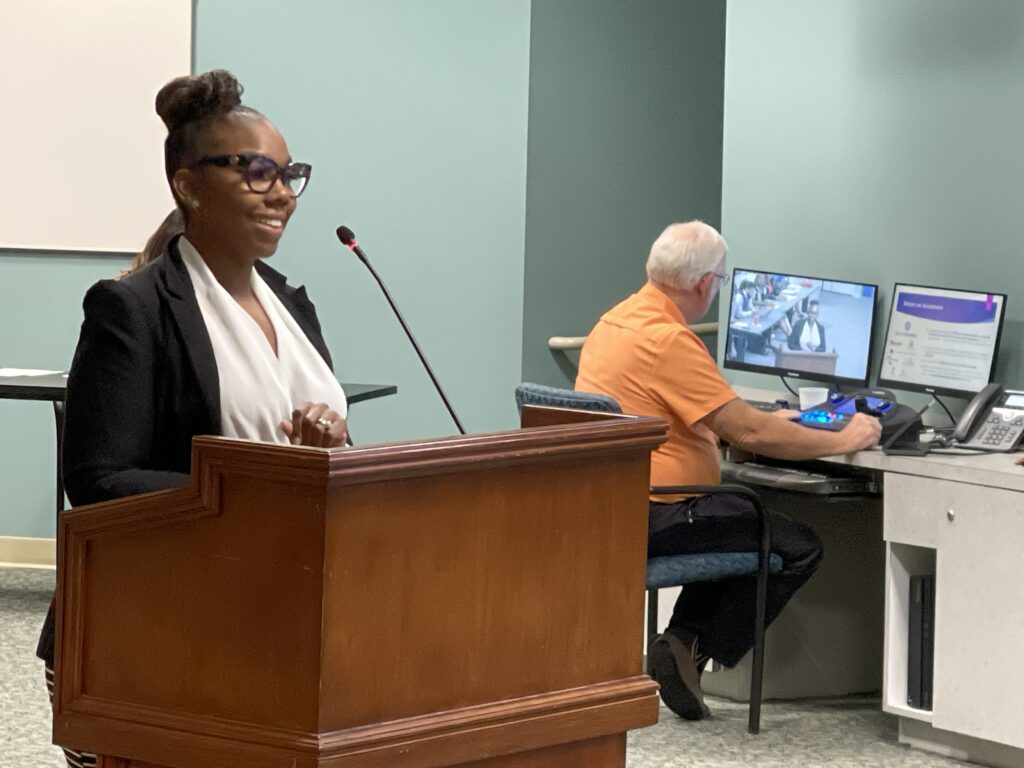
Matt Carlucci, a Republican, supported Boylan’s push to get the health care funding reinstated in the final budget bill. During the meeting he made an economic case for keeping the programs, arguing that the health of the population has a link to the quality of life for employees the companies consider when they vet a city for expansion and growth plans.
“It’s going to be thousands of people (affected), 2,600 less, come on, just to save 1% on the budget or the average taxpayer loses a couple of bucks,” Carlucci said.
